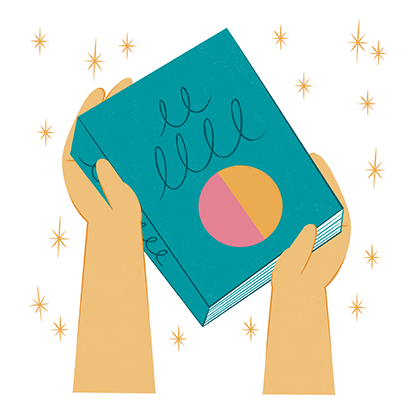About Us
We've created everything you need in one place for lower cost than anything you will pay anywhere else.
Shawline Publishing Group's goal is to ensure that great books from emerging Australian authors, which haven't been picked up by the traditional publishing sector, get into the hands of local book lovers. From publishing services that help create the book that you envision and marketing tools that bring together the essentials of a successful book marketing campaign, Shawline Publishing supports your dreams of literary success from start to finish.
You create great content... We create great books!
Our dedicated team of industry professionals have a real passion for working closely with our authors to create the very best books. Our unique and personal approach has helped debut authors across Australia achieve outstanding success. We provide everything you need in one place so you can achieve your dream of being a published author at a lower cost than anything you may pay anywhere else.
We work with you through the process of production with a keen focus on your goals...
We become your biggest fan!
We aim for the results you desire and deserve from all your hard work!
Our Publishing process includes:
DEDICATED PROFESSIONAL SUPPORT FROM AN EXPERIENCED PRODUCTION TEAM
FULLY MANAGED & COLLABORATIVE PUBLICATION PROCESS
COMPREHENSIVE EDITING
QUALITY COMMERCIAL COVER DESIGNS
COMPLETE PRINT & DIGITAL PUBLICATION GLOBALLY
MENTORING AND MARKETING SUPPORT & PLANNING
SUBMISSION FOR REVIEWS & AWARD OPPORTUNITIES
AUSTRALIAN LENDING RIGHT (ELR/PLR) INCLUSION
PRE-LAUNCH TO LOCAL & GLOBAL BOOKSELLERS
LAUNCH PRESS RELEASE TO MEDIA HOUSES
ASSURED GLOBAL DISTRIBUTION
PROMOTIONS TO LIBRARIES & SCHOOLS
LISTING FOR NATIONAL SCHOOL & LIBRARY DATA ACCESS
EMAIL PROMOTIONAL BLASTS TO GENRE READERS MONTHLY
DISCOUNTED AUTHOR PURCHASING
FULL LAUNCH, BOOK SIGNINGS & EVENT SUPPORT & PROMOTION
SOCIAL MEDIA ADVERTISING & PROMOTION
MARKETING MATERIALS TO HELP YOU SHARE PROMOTIONS
DISCOUNTED NATIONAL CAMPAIGNS WITH READALOT MAGAZINE (www.readalot.com.au)
& MUCH MORE...


















